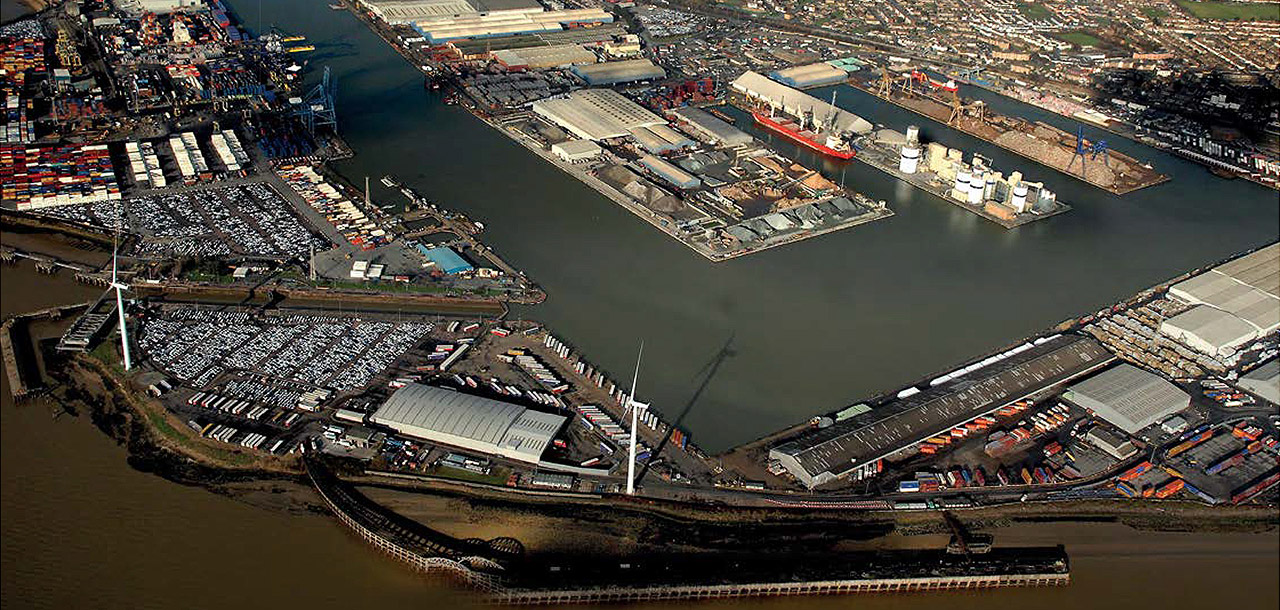
A new driverless ferry freight terminal has opened at the Port of Tilbury in a key step for the UK’s preparations for trade post-Brexit.
The development comes as the Department for Transport today (28 May) released figures showing a 39% increase in the number of ‘unaccompanied’ freight leaving the UK to Europe between 2009 and 2019.
‘Unaccompanied freight’ does not need to be attended to by a driver while being transported on the ferry.
Containers will then be moved around the terminal by road and rail and the new facility comes with the latest booking and boarding technology, including number plate recognition, report the BBC.
Bdaily News report the terminal will operate on the Tilbury-Zeebrugge freight route in exclusive partnership with P&O Ferries.
Opportune timing
The new terminal comes at an “opportune time” as Brexit will accelerate the already “continual rise” of unaccompanied trailers moving goods to and from the UK, according to John Lucy, manager for international transport and trade procedures at the Freight Transport Association.
He told the Daily Update today (28 May):
“The modal switch to unaccompanied trailers and short sea containers will be accelerated by Brexit as this type of operation is more aligned to the requirements of new customs and associated cargo checks on arrival or departure from the UK.”
Lucy also said unaccompanied freight movements align with COVID-19 regulations as they “reduce the risk to drivers crammed together on ferries or train”.
He said the Tilbury-Zeebruuge route is “ideally placed to capture changing trade patterns”, including avoiding the use of drivers to accompany freight and avoiding the “congested” Dover-Calais route.
Roll on, roll off
Paul Dale, asset & site director at Port of Tilbury, says the port will eventually become the UK’s largest roll-on, roll-off (‘Ro-Ro’) facility after ongoing site developments are completed.
‘Ro-Ro’ ferries allow for wheeled cargo carriers – such as trucks and vans – to drive on and off seamlessly and are vital for the quick transportation of perishable goods, including many food items.
Earlier this month a government official told the FT that plans were being drawn up to increase capacity in ports on the east coast, including Tilbury and Felixstowe, to reduce reliance on the Dover-Calais route.
Dover is currently the UK’s largest ‘Ro-Ro’ port, often handling 10,000 such ferries a day.

